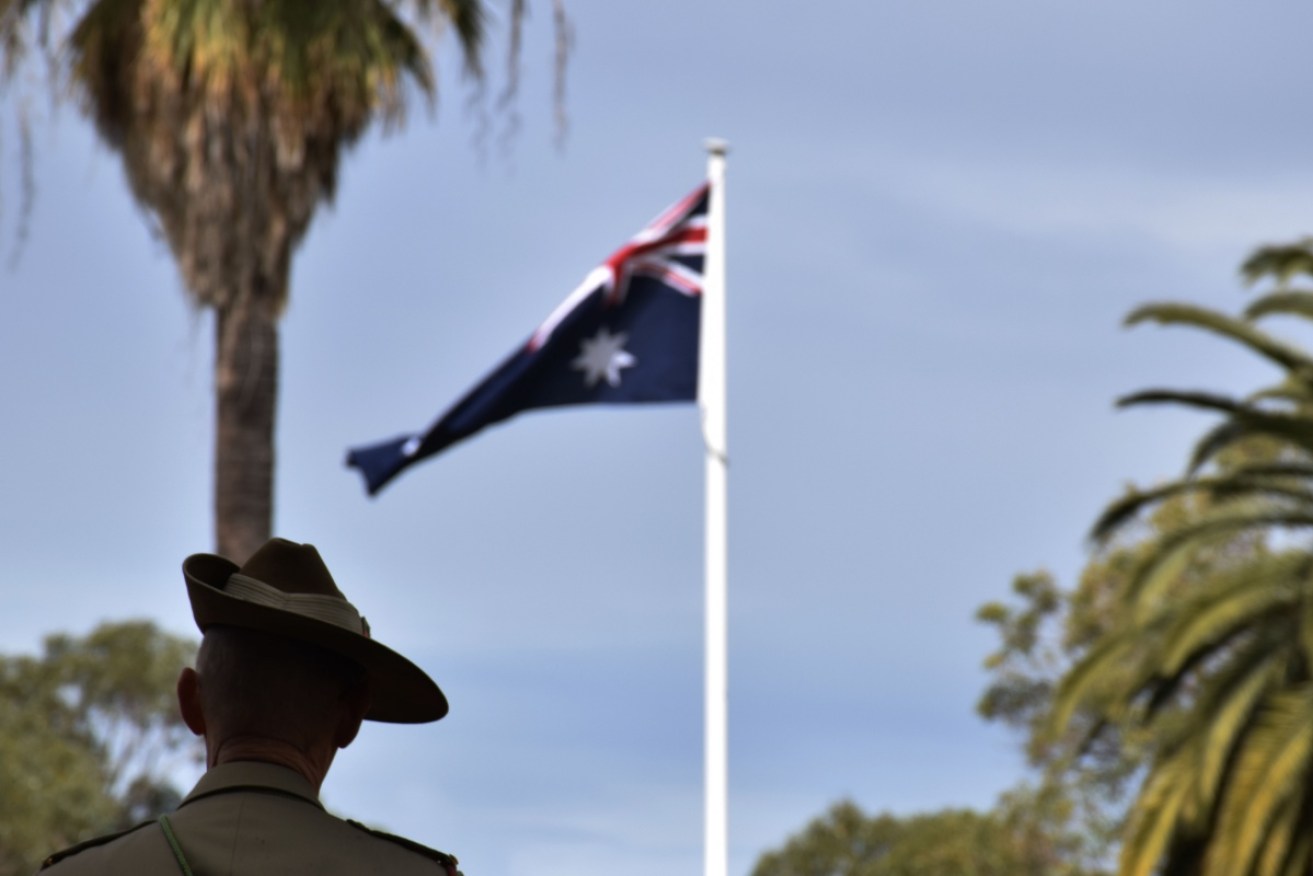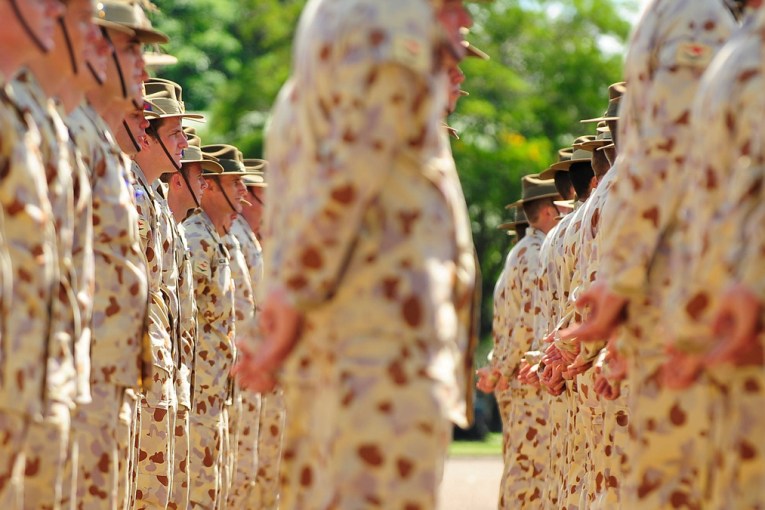Veterans say ADF drug trial left them debilitated


ADF personnel deployed in Timor-Leste and PNG say they have been systemically denied help. Photo: Getty
Ex-serviceman Mark doesn’t want priority boarding on Australian airlines.
He just wants help for medical conditions that go back to 2001, when he was deployed to Timor-Leste and took anti-malarial drugs in a seven-month trial.
A Senate inquiry in Melbourne on Monday heard from Mark and others like him, veterans with a range of symptoms they have had for almost two decades: memory loss, vertigo, migraines, vivid nightmares, hearing and vision loss, aggression and suicidal thoughts.
“I don’t care if I get to board a jet first or get discounts on my shopping. I want my body and mind back,” Mark told the inquiry.
“I loaned them to you and you broke them.”
Australian Defence Force personnel in Timor-Leste and Bougainville, Papua New Guinea, trialled quinoline anti-malarial drugs mefloquine and tafenoquine between 1999 and 2002.
Veterans speaking to the inquiry believed these drugs were responsible for their symptoms.
An internal inquiry into the mefloquine trial by the ADF Inspector-General in 2016 found it was carried out ethically and in accordance with national guidelines.
The group of veterans were mostly diagnosed with post traumatic stress disorder (PTSD), but argue they have been misdiagnosed and instead need treatment for acquired brain injuries from toxicity.
They struggle to access the help they want from the Department of Veterans Affairs (DVA) because those tests don’t match their diagnoses.
Anne-Maree was the fourth generation in her family to serve in the army, and did so for 16 years.
But she won’t be wearing her medals this Remembrance Day, because she no longer feels proud of her service.
“I signed to face the enemy. I signed to take a bullet if required, die for our country if necessary. I don’t remember signing away my human rights when I joined the military,” she told the Senate inquiry on Monday.
During the emotional hearing, Senator Eric Abetz urged her to reconsider putting down her medals, because “You have earned them”.
Anne-Maree said it took until 2016 for her to get hold of her drug trial records, which wrongly listed her as male for the entire seven months.
She also found side effects she reported during the trial were listed as mild, and believes they were downplayed.
She has since had swelling of the brain, chronic fatigue, body rashes, partial deafness and temporary blindness.
Charles Sturt University neurotoxicologist Jane Quinn’s husband Major Cameron Quinn was a British Army officer, who suicided five years after being put on mefloquine.
She is the scientific adviser to the Australian Quinoline Veterans and Families Association (QVFA).
On Monday, Associate Professor Quinn said there was evidence those in the tafenoquine trial were sometimes given double doses, and the same could be true for mefloquine.
She believes most of the veterans need to be treated by rehab specialists for acquired brain injuries instead of psychiatric conditions.
The Repatriation Medical Authority (RMA) found there was insufficient evidence that exposure to the drugs causes acquired brain injury.
The Specialist Medical Review Council (SMRC) reviewed the RMA investigation and agreed in September this year.
The Department of Defence said mefloquine, which is registered by the Therapeutic Goods Administration (TGA), is prescribed to about 10,000 Australians a year.
Associate Professor Quinn rejected the assertion that public consumption was contradictory to her evidence.
She said members of the public don’t report the same problems because they generally take smaller doses for a shorter period, and immediately stop taking the drugs if they experience any side effects.
Some veterans gave evidence they were told they would not be deployed if they didn’t take part in the trial, and that they didn’t report side effects during the trial because they feared being returned home.
Defence said all participants had provided informed consent and took part in the trial voluntarily.
The ADF today uses mefloquine as its third anti-malarial option.
The TGA is considering tafenoquine for registration. Defence will consider using it if it is registered.
The department said there were 637 cases of malaria recorded in ADF members between 1998 and 2007. Between 2012 and 2017 there were 30 cases.
About 1000 of the affected veterans support one another and campaign through a Facebook group.
They all describe a range of similar symptoms.
It’s like cigarettes and lung cancer. At some point, someone joined the dots. Where are we at in joining those dots for our issue?” Mark asked.
The hearing came as Virgin Australia said it would reconsider giving priority boarding to defence personnel after a backlash. Prime Minister Scott Morrison had praised the announcement.
The DVA is holding mefloquine and tafenoquine consultation forums across Australia.
Contact the DVA’s mefloquine hotline on 1800 633 567.
Open Arms Veterans and Families Counselling can be contacted 24 hours a day on 1800 011 046.
If you are experiencing difficulty, call Lifeline, 13 11 14.








